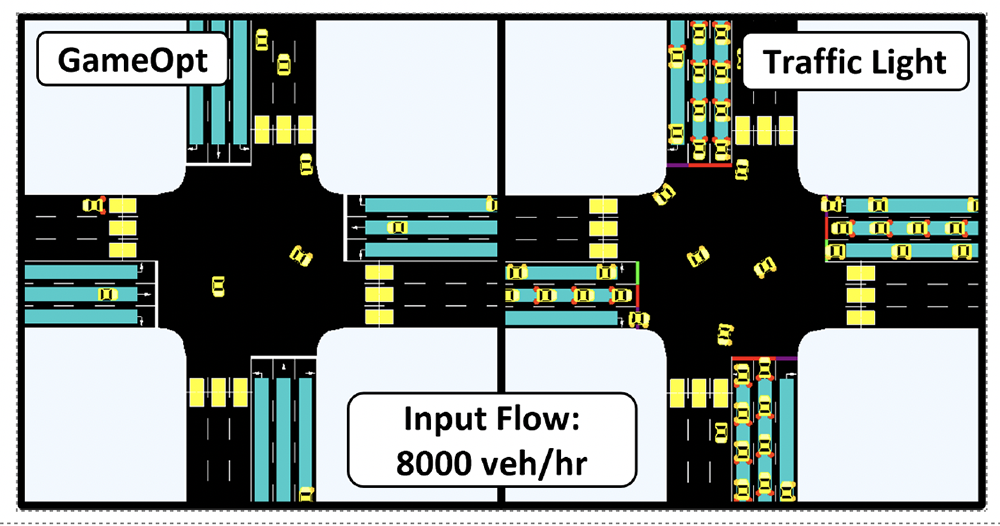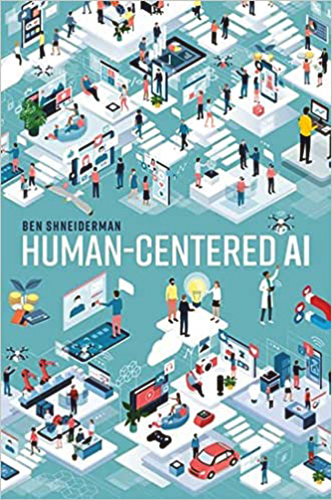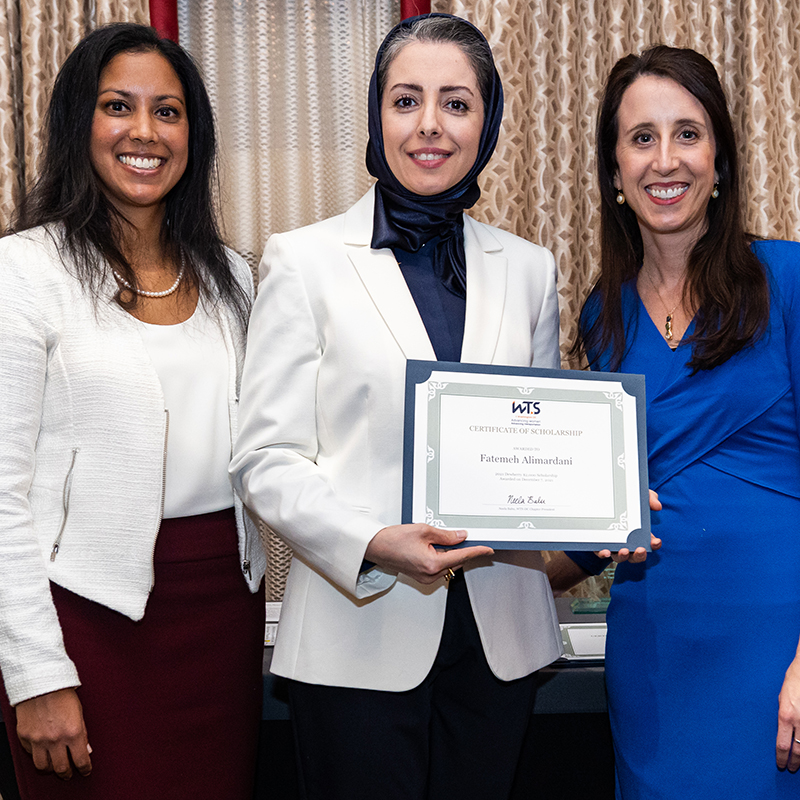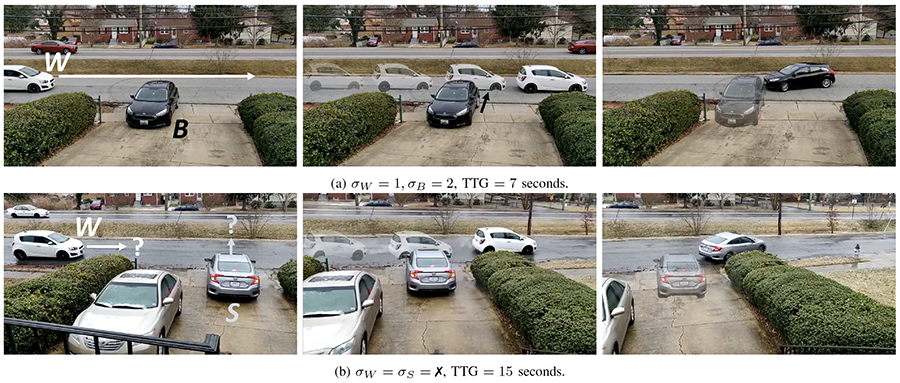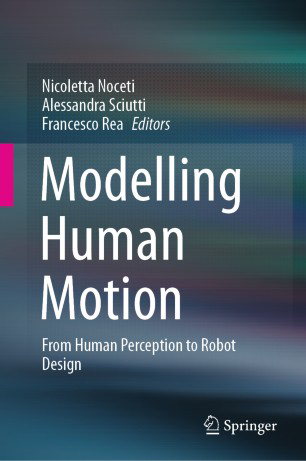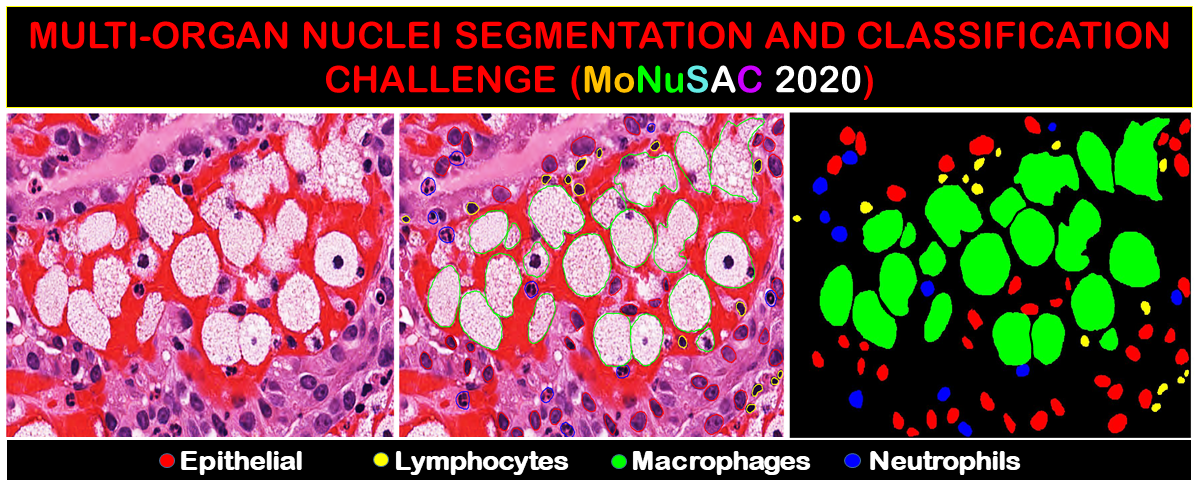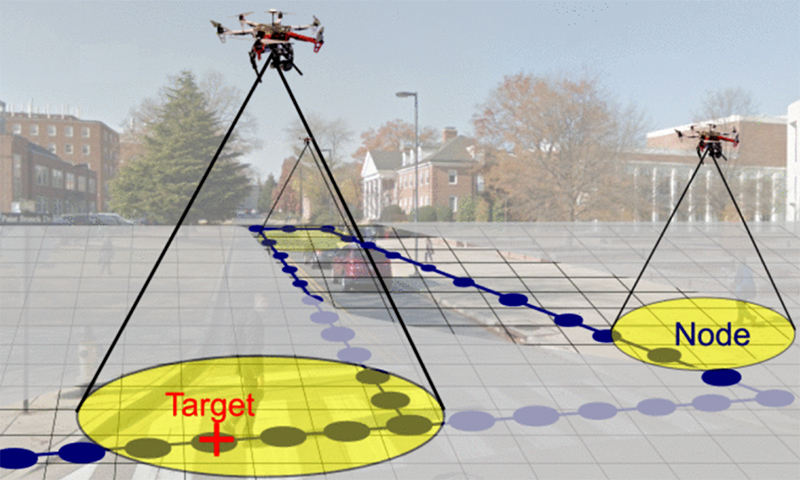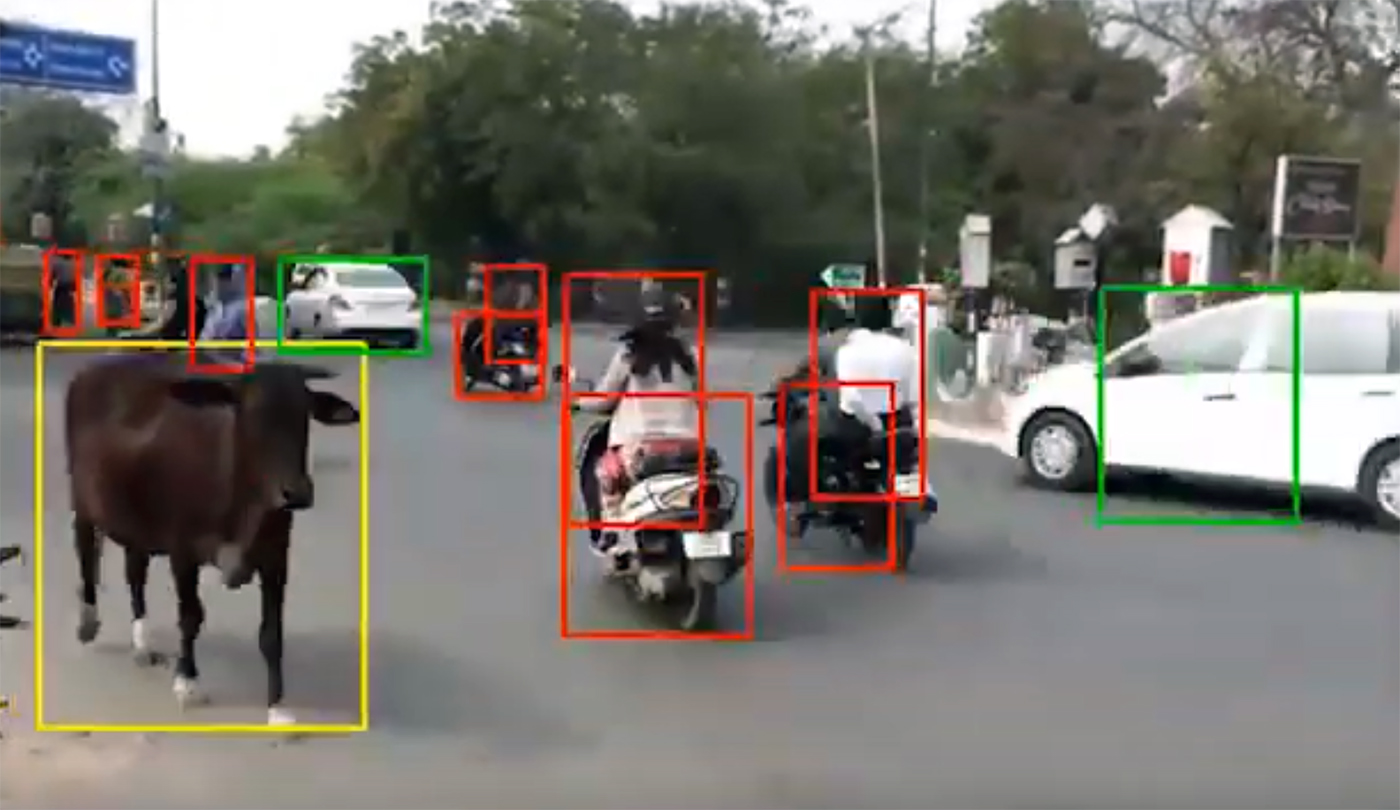News Story
Ph.D. student Trisha Mittal named 2022 Adobe Research Fellow
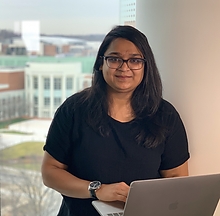
Trisha Mittal, a Computer Science Ph.D. candidate advised by ISR-affiliated Distinguished University Professor Dinesh Manocha (ECE/CS/UMIACS), has been awarded funding from Adobe Research to continue her work in improving deep learning algorithms that can interpret human emotions.
She is one of only 10 graduate students worldwide to be named a 2022 Adobe Research Fellow. The program recognizes outstanding graduate students conducting exceptional research in areas of computer science important to Adobe. Each recipient receives a $10,000 award and the opportunity to interact with Adobe scientists.
“I am honored and grateful to be chosen for the fellowship award,” says Mittal. “I have grown tremendously as a researcher in my initial work with Adobe. This fellowship will help me continue my exploration of emotion perception in various domains of artificial intelligence.”
Mittal interned for Adobe in both 2020 and 2021, first as data science researcher and then as a multimedia systems researcher.
She specializes in affective computing—the study and development of intelligent systems that can understand, interpret and respond to human emotions and behavior. Her dissertation topic explores holistic emotion perception and recognition.
“The goal of affective computing is to impart human emotion recognition capabilities to machines, so that human-machine interaction may feel more natural in the same way as human-human interactions do,” Mittal explains. “This is becoming increasingly important given the rise in the number of ways that humans interact with machines via phones, computers and smart appliances.”
Mittal’s algorithms can also help computer scientists better detect manipulations in videos, analyze multimedia content, and create intervention systems able to detect emotion on social media.
Currently working in Manocha’s Geometric Algorithms for Modeling, Motion, and Animation lab, she is using artificial intelligence to help autistic children and individuals with impaired vision better understand and interpret emotions in their daily lives.
“Trisha has applied her algorithms to important problems in affective computing, emotion recognition and multimodal analysis, and has published many papers at top conferences on topics like deep fake detection, content enhancement and video manipulation,” Manocha says. “I have no doubt her fellowship with Adobe will be beneficial to everyone involved.”
—ISR thanks UMIACS for this story.
Published February 23, 2022

